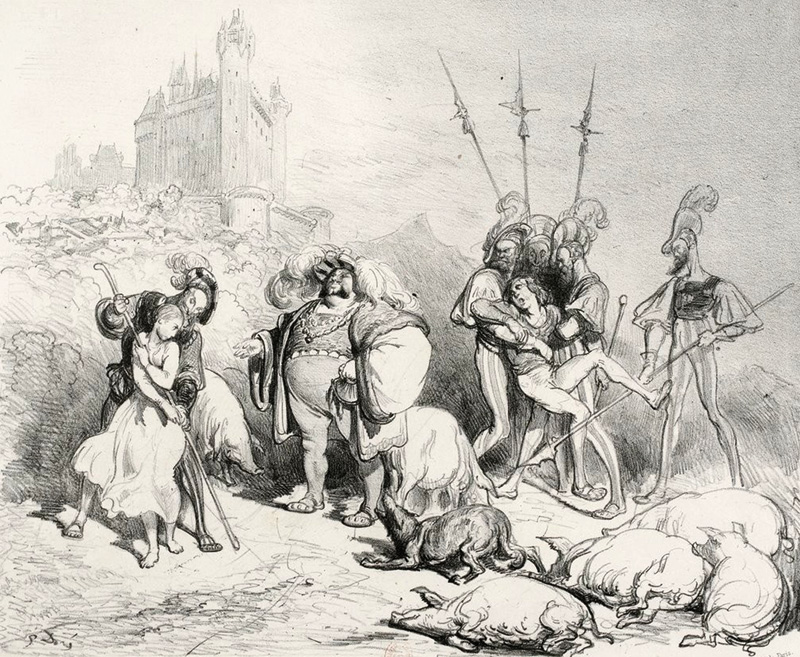

Muskiz (Bizkaia). Lope García de Salazar (1399-1476) was besieged in the tower of Muñatones by his son Juan. He would close the last years of his life, first in Muskiz and then in the Torre Salazar de Portugalete, since, despite being an oñacino, he had chosen the gamboínos.
In recent years he wrote an extensive work by Istoria de las bienandanças e fortunas, composed by 35 volumes. From the foundation of the world until the middle of the 15th century, the Banderizo Lord received history and thanks to it is recognized as the first historian of Bizkaia.
In this source of great value for understanding the conflicts between sides, Salazar wrote, among other things, to Jus Primae Noctis or in favor of the right of the first night. As a result, feudal lords allegedly had the right to have sex with any maiden in danger of marriage.
As few legal documents on the right have been retained, some historians question the right of the lords to literally rape the vassals during the bridal night. According to traditional historiography, the sexual assaults of the wedding night were legal for the lords, but there are those who claim that Jus Primae Noctis was nothing more than a symbolic rite.
But no one doubts that in the Middle Ages, during the wedding night or at any other time, regardless of the spread of the law, the rape of women from the lower ranks was a widespread habit.
One example of this is another Lope García de Salazar, a great-grandfather of the historian of the same name, Lamista Mayor de Bizkaia, who died in the conquest of Algeciras in 1344. We know that he married twice and that he had at least four children with his wives. However, outside marriage, he soon began to use the privileges of being a master, legal or traditional, and to have bastard offspring. The first one took place at the age of 15, with a girl from Nograro (Álava). In total, he had 120 bastards.
His great-grandson, who collected the history of the world, did not reach the figures of his great-grandfather, but when he died poisoned in the tower of Portugalete in 1476 he had the daughter of Mencia de Avellaneda.